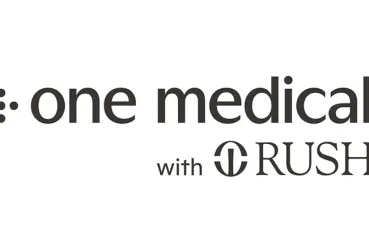Years of studies have asserted that moderate drinking is safe — and even healthy. But newer info suggests otherwise, and Rush heptologist Nancy Reau, MD, says it’s time to accept that no amount of alcohol is good for you.
Experts at the University of Victoria in Canada, for example, analyzed 40 years of research, looking at more than 100 studies involving almost 5 million adults. They found the studies had methodological problems that skewed the results — which consistently found that moderate drinkers were less likely to die of all a variety of causes, including ones not related to drinking alcohol.
Once the studies’ errors were identified and corrected, the data showed health benefits of drinking shrank dramatically: Health problems and risk of premature death increased significantly for women who drank less than two drinks a day, and three drinks a day for men.
Contrary to previous findings, moderate drinking didn’t increase the likelihood a person would live a longer, healthier life. In light of these findings, Reau says it’s better to drink sparingly, if at all.
“We don’t know the ‘safe’ amount of alcohol for people on the individual level,” Reau says. “Safe doesn’t mean zero health complications. It just means that it’s less dangerous.”
Medical conditions and family history should help inform your drinking habits. Reau says alcohol can exacerbate the symptoms of certain health conditions like fatty liver disease, liver injuries, depression or anxiety. Managing conditions like these isn’t as easy as just adjusting how much you’re drinking, but, depending on the person, it could be a good place to start.
“It’s kind of like how driving quickly with your seat belt on is safer than driving quickly without your seat belt on,” Reau says. “Driving slowly is probably still safer.”
Nancy Reau, MD, is the Richard B. Capps Chair of Hepatology at Rush University Medical Center and the associate director of transplant at Rush.




